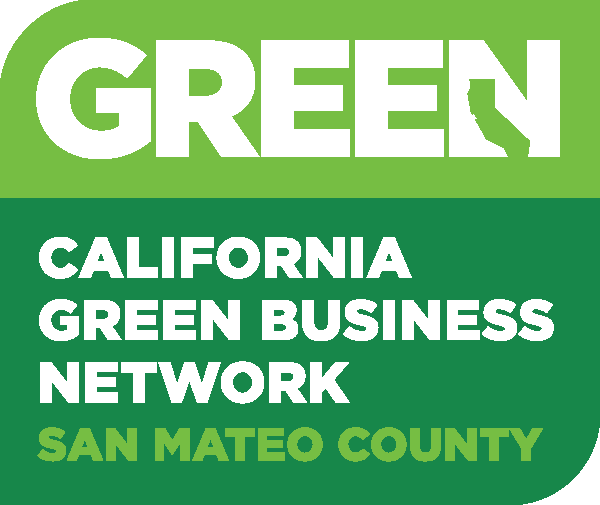Today, eight Community Choice Aggregators (CCAs) launched a joint Request for Offers (RFO) to procure up to 500 megawatts (MWs) of long- duration storage. The RFO is seeking a minimum 10-year contract for grid-charged technologies. Central Coast Community Energy, CleanPowerSF, Marin Clean Energy, Peninsula Clean Energy, Redwood Coast Energy Authority, San José Clean Energy, Silicon Valley Clean Energy and Sonoma Clean Power (the “Joint CCAs”) are seeking one or more projects to come online by or before 2026 with a minimum discharge period of eight hours.
Long-duration storage provides grid resiliency to support higher concentrations of renewable energy on the grid. Similar to battery storage today, which helps provide energy during a few evening hours when solar stops producing, long-duration storage will be able to charge from the grid when renewable resources are at their peak, and discharge for periods of 8-16 hours when renewable production is lower.
The addition of long-duration storage to the CCA portfolios will aid renewable integration on the grid while advancing California’s aggressive greenhouse gas reduction targets for 2030. Long-duration storage technologies are a needed solution to provide grid reliability as California transitions away from fossil fuel plants. Earlier in 2020 the Joint CCAs issued a Request for Information for long- duration storage and received more than 58 project entries with 14 different technologies, signaling significant supplier interest.
“By working together, the eight CCAs are able to procure large-scale projects that would be challenging for one CCA to procure on its own,” said Girish Balachandran, Silicon Valley Clean Energy’s CEO. “Collaborating on this long-duration storage solution allows the CCAs to manage financial and technology risks while still diversifying portfolios with cost-effective and innovative resources.”
“CCAs are the leaders when it comes to advancing new clean energy resources in California, having already signed long-term contracts totaling more than 5,000 megawatts with a diverse mix of new-build renewable energy facilities throughout the state,” said Beth Vaughan, executive director of the California Community Choice Association (CalCCA). “Now CCAs are acting fast to secure the reliability resources that are needed to support a more resilient power system.”
The Joint CCAs have ambitious climate goals and are currently providing nearly three million residents and businesses in northern and central California with clean electricity. The cost-effective, long-duration storage solutions the Joint CCAs are seeking will enhance the benefits of renewable energy to customers during critical evening hours when renewable resources are unable to produce energy, thus improving California’s grid reliability and resiliency. Joint procurement offers the CCAs an opportunity to acquire diverse resources with shared risk and enhanced negotiating powers.
The RFO can be found at SVCleanEnergy.org/joint-lds-rfo. Proposals are due by December 1, 2020.
###
About CCAs
Community Choice Aggregators, or CCAs, provide competitively priced, clean energy choices to their communities while reinvesting revenues into local and statewide projects and programs, supporting sustainability, and enhancing their local economies. There are 23 CCAs in California serving more than 10 million customers.
3cenergy.org
cleanpowersf.org
mcecleanenergy.org
peninsulacleanenergy.com
redwoodenergy.org
sanjosecleanenergy.org
svcleanenergy.org
sonomacleanpower.org
Media Contact
Darren Goode
Peninsula Clean Energy
dgoode@peninsulacleanenergy.com
(202) 550-6619


